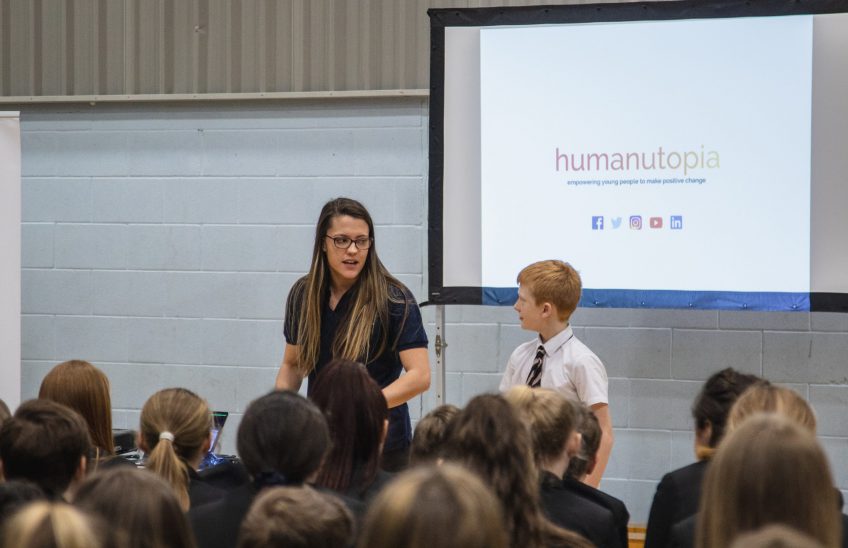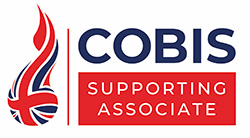In order to create and run a meaningful and successful confidence-building programme in a school, there are several key factors that should be taken into account:
-
The establishment of an environment that is both emotionally & psychologically safe for all young people.
This is a crucial starting point that needs to be a fundamental building block for confidence-building activities in schools. By introducing these activities early in the lives of young people, ensuring that a values-driven culture is the expected norm and that students understand ‘it’s what we do here’, is a very powerful starting point. When young people are taught kindness, love and respect by adults who ‘walk the walk’ by modelling the desired behaviours, it creates a confidence-building environment in which students feel a sense of belonging, and feel safe and happy. This values-based culture in itself allows positivity to thrive.
-
Celebration of individuality and diversity.
One of the major contributory factors for low self-confidence in young people is that many of them have a really damaged and distorted self-perception. I hear countless students every day describing themselves as ‘worthless’, ‘fat’, ‘ugly’, ‘pointless’ and sadly I could easily extend this list of self-flagellating adjectives which corrupt the minds of young people. The image these young people have of themselves is based on the relentless name-calling that occurs daily in schools. When young people are called these things by their peers often enough, they embrace and incorporate these perceived imperfections into ‘who they are’. Oftentimes, just one isolated mean name or incident can stay with a young person for life. Much more needs to be done to raise awareness about our birthright to be unique, individual and diverse and schools are the perfect place to teach young people how to respect and celebrate our differences and accept that ‘it’s okay to be me’.
-
Focus on a vocabulary of positivity.
This is not about protecting the fragile snowflakes of Generation Z. Again, feeling good about who they are is a birthright that every person has. Increasing the vocabulary of positive adjectives that young people can describe themselves by is a very powerful tool. For example, one confidence-building activity for pupils involves asking them to complete the sentence, ‘on a good day I am ….’ and then allowing them to choose and use at least 5 positive words. They then share this with their peers and the class in a hugely empowering and positive experience. I watch young people spend two minutes or so talking about themselves in a positive and constructive way and I know it is the longest they have ever spent thinking, feeling and being this positive about themselves in their entire life.
-
Frequency is the key.
As I started by saying, confidence is fickle and transient; if you don’t use it you lose it. Young people are human and the many facets of life will undoubtedly affect levels of confidence. It is therefore critical that they have daily opportunities to be successful, even if success means accepting that they have failed at something. It is crucial that students are given time and space to press the pause button and reflect. It is imperative they have and take the opportunity to think and say out loud positive, uplifting things about themselves in a warm, receptive and responsive environment which reinforces their self-confidence.
Graham Moore is the Co-Founding Director of humanutopia, an organisation that since 2004 has positively affected the lives of almost half a million young people across the world. The programmes that Graham has created and delivered are award-winning and highly acclaimed and his understanding of and insights to young people are highly sought-after.















